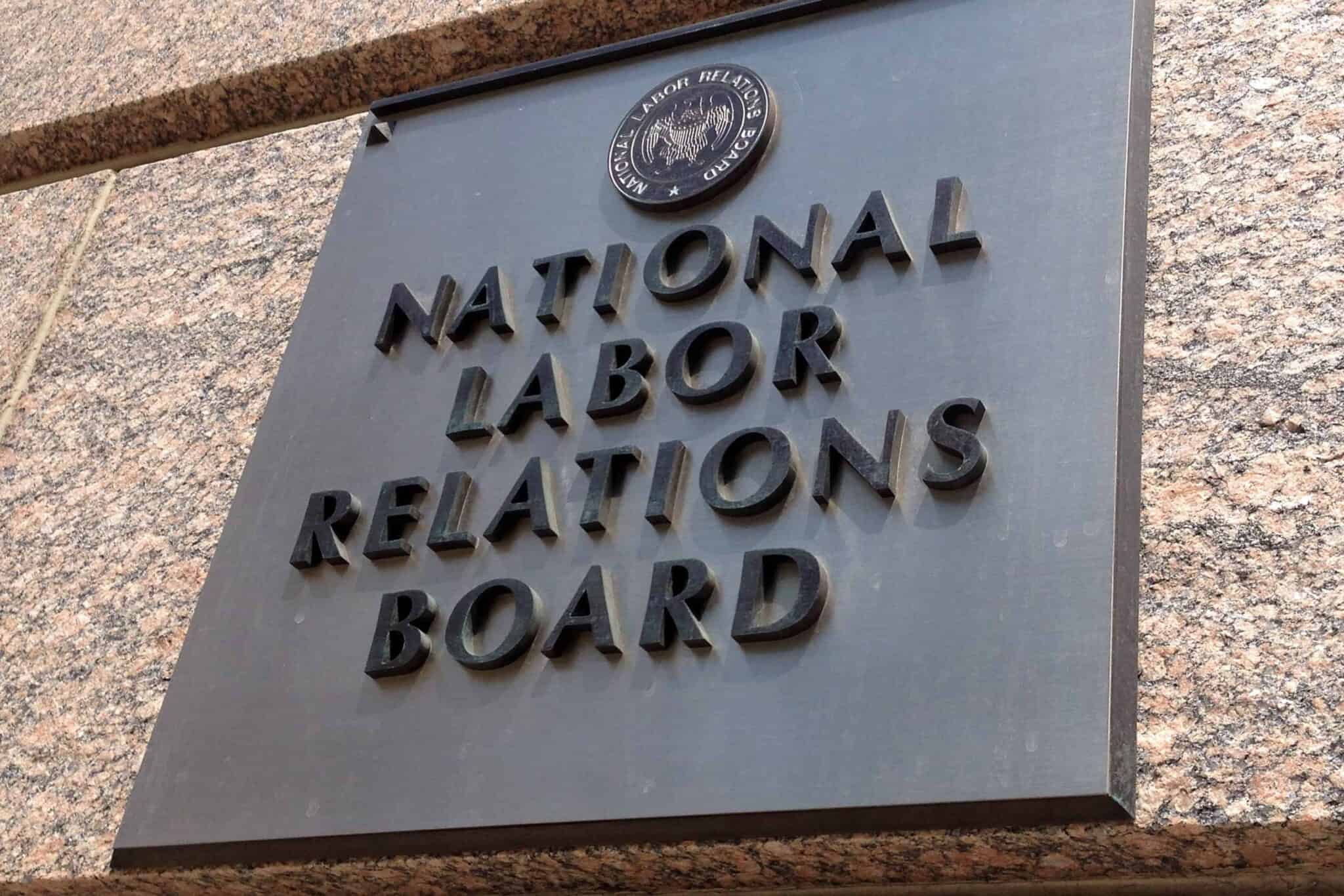Divya Nimmagadda is a student at Harvard Law School.
Gwynne Wilcox, who was a member and chairman of the NLRB until last week when President Trump ousted her from the body, has stated that she will pursue “all legal avenues” to challenge her removal. Yesterday, she filed a lawsuit in the federal district court in D.C. challenging Trump’s action; the complaint stated that “The President’s removal of Ms. Wilcox without even purporting to identify any neglect of duty or malfeasance, and without notice or a hearing, defies ninety years of Supreme Court precedent that has ensured the independence of critical government agencies like the Federal Reserve.” The language is in reference to a federal statute – the National Labor Relations Act – which provides removal protections for board members such that they can only be removed “for neglect of duty or malfeasance in office, but for no other cause.” Wilcox’s removal has serious implications for the operations of the Board; specifically, the body cannot rule on cases without the requisite quorum of three members. The White House has taken the position that the NRLA cannot restrict the President’s ability to manage the Board and shape the executive branch. Depending on the traction this lawsuit gets, it could upturn Supreme Court precedent that has protected such insulation from removal for certain actors in independent agencies. The complaint acknowledges such a reality, but emphasizes the need to maintain the integrity of established law: “Although Ms. Wilcox has no desire to aid the President in establishing a test case, she is also cognizant of the fact that, if no challenge is made, the President will have effectively succeeded in rendering the NLRA’s protections—and, by extension, that of other independent agencies—nugatory.”
Another lawsuit was filed yesterday by Democracy Forward on behalf of a group of federal unions, including the American Federation of Government Employees, the American Federation of Labor and Congress of Industrial Organizations and the American Federation of State, County and Municipal Employees. The suit is challenging the Department of Government Efficiency (DOGE) to block their request to access data housed by the Department of Labor (DoL). This is in response to an email received by some DoL employees on Tuesday asking them to provide DOGE access to all requested information or “risk termination.” Among other sensitive information, there was a worry that DOGE would gain access to data regarding investigations the DOL is pursuing against Elon Musk’s various companies and other relevant competitors. This lawsuit comes on the heels of reports of DOGE’s actions within other agencies – like the Treasury Department, USAID, and Office of Personnel and Management. The complaint describes some of the effects of DOJE’s initiatives: “The results have already been catastrophic. DOGE has seized control of some of the most carefully-protected information systems housed at the Treasury Department, taken hold of all sensitive personnel information at the Office of Personnel Management, and dismantled an entire agency within a week.” A similar lawsuit has been filed to block DOGE access to Treasury Department data.






Daily News & Commentary
Start your day with our roundup of the latest labor developments. See all
February 22
A petition for certiorari in Bivens v. Zep, New York nurses end their historic six-week-strike, and Professor Block argues for just cause protections in New York City.
February 20
An analysis of the Board's decisions since regaining a quorum; 5th Circuit dissent criticizes Wright Line, Thryv.
February 19
Union membership increases slightly; Washington farmworker bill fails to make it out of committee; and unions in Argentina are on strike protesting President Milei’s labor reform bill.
February 18
A ruling against forced labor in CO prisons; business coalition lacks standing to challenge captive audience ban; labor unions to participate in rent strike in MN
February 17
San Francisco teachers’ strike ends; EEOC releases new guidance on telework; NFL must litigate discrimination and retaliation claims.
February 16
BLS releases jobs data; ILO hosts conference on child labor.